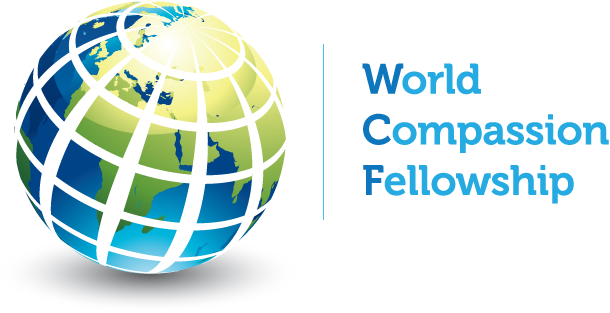Middle East Mobile Medical Program
What We Provide:
World Compassion Fellowship (WCF) sponsors the cost for sending mobile medical teams to provide medical care for Refugees, Internally Displaced Persons (IDP) and the impoverished and underserved in the Middle East and North Africa.
- OTC and Prescription Medicine
- Mobile Medical Equipment
- Nursing supplies
- Wound Care Supplies
- Emergency Care
- In-Country Transportation Costs
- Local Translators and Providers
- Space Rentals
How We Help
WCF sponsors mobile medical teams to provide medical and dental care for Refugees, IDPs and impoverished and underserved locals in the Middle East and North Africa. Most Refugees and IDPs fled with nothing more than the clothes on their backs and have very limited access to ongoing medical care in their host countries.
WCF mobile medical teams have treated more than 6,000 patients in the MIddle East since its inception. WCF teams have served in many Refugee and IDP camps in the Middle East in some of the most challenging conditions imaginable. Basic resources, electricity or even solid floors were missing in these conditions.
The Background
The recent protracted multilayered conflicts in Iraq, Syria, Yemen, Sudan and other countries in the Greater Middle East North Africa (MENA) region have all caused a surge of millions of refugees and Internally Displaced Persons (IDP) throughout the region to settle into displacement camps or dense, poor urban areas in surrounding countries in the Middle East.
Global healthcare needs for refugees are shaped by a combination of forced displacement, limited access to healthcare systems, and the conditions they encounter both during their journey and in host countries.
Refugees often live in crowded conditions with limited sanitation, increasing the risk of diseases like cholera, tuberculosis, malaria, and respiratory infections. They frequently have interrupted access to treatment for chronic conditions such as diabetes, hypertension, and cardiovascular diseases, exacerbating these illnesses.
Many refugees have experienced conflict, violence, or persecution, leading to high rates of post-traumatic stress disorder, depression, and anxiety.
Refugees often face food insecurity, leading to malnutrition, especially among children, pregnant women, and the elderly. This includes both undernutrition and micronutrient deficiencies.

